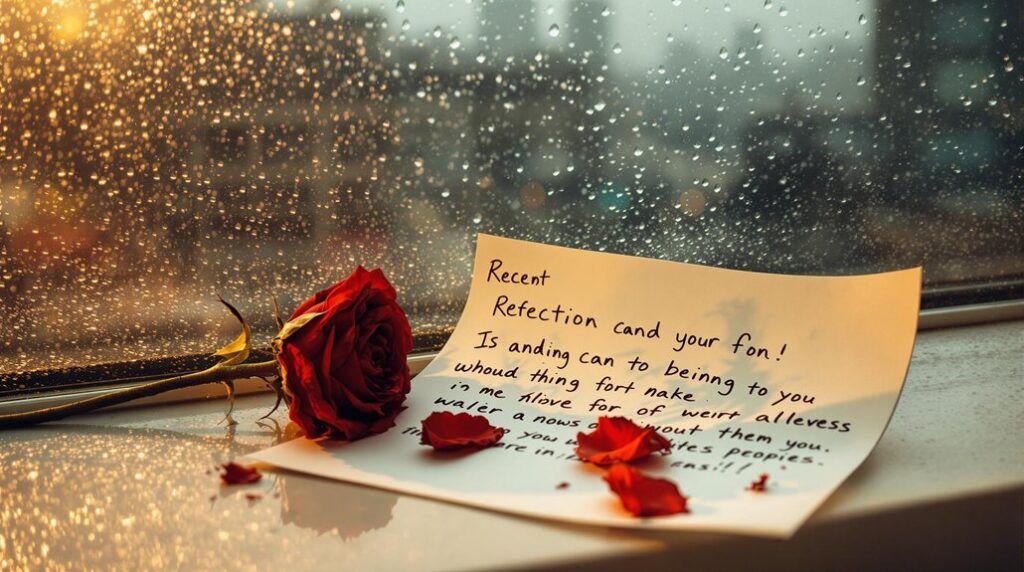Professional alternatives to "would love to" include "would be thrilled to," "would be delighted to," "would be honored to," "would be grateful to," "would be keen to," "would very much like to," "would be pleased to," "would welcome the opportunity to," "would jump at the chance to," and "would consider it a privilege to." These expressions vary in formality and emotional weight, allowing communicators to match their enthusiasm to specific contexts while maintaining professionalism. Understanding the nuances of these alternatives enables more precise and impactful communication.
Is It Professional to Use 'Would Love To'?
The phrase "would love to" occupies an interesting position in professional communication, straddling the line between formal and informal language. While it conveys enthusiasm and politeness, its appropriateness depends largely on the context and audience.
In formal business settings, particularly when communicating with senior executives or clients, more conservative alternatives may be preferable. However, in modern workplace environments that value authenticity and personal connection, "would love to" can effectively demonstrate genuine interest and engagement. Many professionals successfully use this phrase in internal communications, networking emails, and collaborative situations where building rapport is important. The key consideration is the relationship with the recipient and the organizational culture. When in doubt, professionals can opt for more formal alternatives such as "would be pleased to" or "would welcome the opportunity to."
Why You Might Use a Different Word To 'Would Love To'
Selecting alternatives to "would love to" enables communicators to better match their language to specific professional situations and audiences. Different contexts call for varying levels of formality and emotional expression, making it essential to have a range of alternative phrases available. In formal business communications, more reserved expressions like "would be pleased to" or "would welcome the opportunity to" often prove more appropriate. Additionally, frequent use of "would love to" can diminish its impact and make writing seem repetitive or overly casual. Using alternatives helps maintain professionalism while still conveying enthusiasm when needed. Organizations may also have specific style guidelines that discourage informal language, requiring professionals to employ more measured expressions in their written and verbal communications.
10 Synonyms for 'Would Love To'
1. Would Be Thrilled To
Best suited for expressing heightened enthusiasm and genuine excitement about future possibilities. This phrase conveys a stronger emotional response than the original and works particularly well in professional communications where you want to show sincere interest. It's especially effective when responding to invitations or opportunities that align perfectly with your interests or goals.
Example use:
"I would be thrilled to join your research team."
"She would be thrilled to present at the conference."
"We would be thrilled to collaborate with your organization on this project."
2. Would Be Delighted To
Perfect for formal or sophisticated situations where politeness is paramount. This phrase carries an air of refinement and is particularly effective in business correspondence or social situations requiring extra courtesy. It works well when accepting invitations to prestigious events or responding to formal requests.
Example use:
"I would be delighted to attend your wedding ceremony."
"The committee would be delighted to review your proposal."
"She would be delighted to serve as your mentor."
3. Would Jump At The Chance To
Ideal for expressing immediate and enthusiastic readiness to participate. This more casual and dynamic phrase emphasizes eagerness and spontaneity. It's particularly effective when discussing rare or unique opportunities that shouldn't be missed.
Example use:
"I would jump at the chance to study abroad."
"He would jump at the chance to work with that director."
"They would jump at the chance to play at that venue."
4. Would Be Honored To
Most appropriate for formal situations involving prestige or recognition. This phrase conveys deep respect and gratitude for the opportunity being discussed. It's particularly useful when responding to important invitations or requests that carry significant weight or status.
Example use:
"I would be honored to speak at your graduation ceremony."
"We would be honored to accept this award."
"She would be honored to serve on your board of directors."
5. Would Be Grateful To
Best for expressing appreciation while maintaining professional humility. This phrase combines thankfulness with willingness and is particularly effective when requesting favors or accepting help. It works well in situations where you want to acknowledge the other party's generosity.
Example use:
"I would be grateful to receive your feedback."
"We would be grateful to learn from your experience."
"They would be grateful to have your support."
6. Would Be Keen To
Excellent for expressing readiness and enthusiasm while maintaining professionalism. This phrase suggests proactive interest and willingness to begin immediately. It's particularly useful in job applications or when volunteering for projects.
Example use:
"I would be keen to start the training program."
"She would be keen to contribute to the team."
"They would be keen to implement these changes."
7. Would Very Much Like To
Perfect for expressing polite but strong interest. This phrase adds emphasis while remaining formal and is particularly useful in business communications where directness needs to be balanced with courtesy.
Example use:
"I would very much like to discuss this opportunity further."
"We would very much like to attend the conference."
"He would very much like to join your committee."
8. Would Be Pleased To
Ideal for professional situations requiring measured enthusiasm. This phrase conveys positive interest while maintaining appropriate emotional distance. It's particularly suitable for formal business correspondence or professional networking.
Example use:
"I would be pleased to review your manuscript."
"We would be pleased to host the event."
"She would be pleased to arrange a meeting."
9. Would Welcome The Opportunity To
Best for professional situations where you want to express openness and interest. This phrase suggests both enthusiasm and professionalism, making it particularly effective in job applications or business proposals.
Example use:
"I would welcome the opportunity to interview for the position."
"We would welcome the opportunity to demonstrate our capabilities."
"They would welcome the opportunity to partner with your firm."
10. Would Consider It A Privilege To
Most appropriate for expressing deep appreciation for special opportunities. This phrase conveys both honor and humility, making it particularly suitable for formal situations or when responding to prestigious invitations.
Example use:
"I would consider it a privilege to join your research team."
"We would consider it a privilege to support your cause."
"She would consider it a privilege to mentor the students."
Final Thoughts
Mastering synonyms for 'would love to' enables communicators to express enthusiasm and willingness with greater precision and sophistication. These alternative expressions help speakers and writers avoid repetitive language while conveying varying degrees of enthusiasm, commitment, and formality in their communications.
Understanding the appropriate context and connotation for each synonym allows individuals to tailor their messages effectively across professional, social, and casual situations. Whether expressing genuine enthusiasm through phrases like "keen to" and "looking forward to," or maintaining professional distance with "would be pleased to" and "would welcome the opportunity," having a diverse vocabulary of alternatives enhances overall communication skills. This linguistic flexibility proves particularly valuable in business correspondence, social interactions, and written communications where nuanced expression can make a significant difference in how messages are received.
Frequently Asked Questions
Can 'Would Love To' Be Used in Negative Sentences?
"Would love to" can be used in negative sentences, such as "I wouldn't love to go there" or "She wouldn't love to miss the party," though it's less common than positive usage.
How Did the Phrase 'Would Love To' Originate Historically?
The phrase 'would love to' emerged from Middle English, combining the conditional 'would' with the Old English word 'lufian' (to love), evolving into a polite expression of desire or willingness.
Are There Regional Differences in How 'Would Love To' Is Used?
Regional variations exist in how 'would love to' is used, with British English speakers often being more reserved, while Americans tend to use it more casually in everyday conversation.
Does 'Would Love To' Have Different Meanings in British Vs American English?
The phrase "would love to" maintains largely consistent meaning between British and American English, though British speakers may use it more formally and Americans more casually in everyday conversation.
How Do Non-Native English Speakers Typically Interpret 'Would Love To'?
Non-native English speakers often interpret "would love to" as a strong, polite expression of desire, though some may misunderstand it as a firm commitment rather than a courteous intention.



